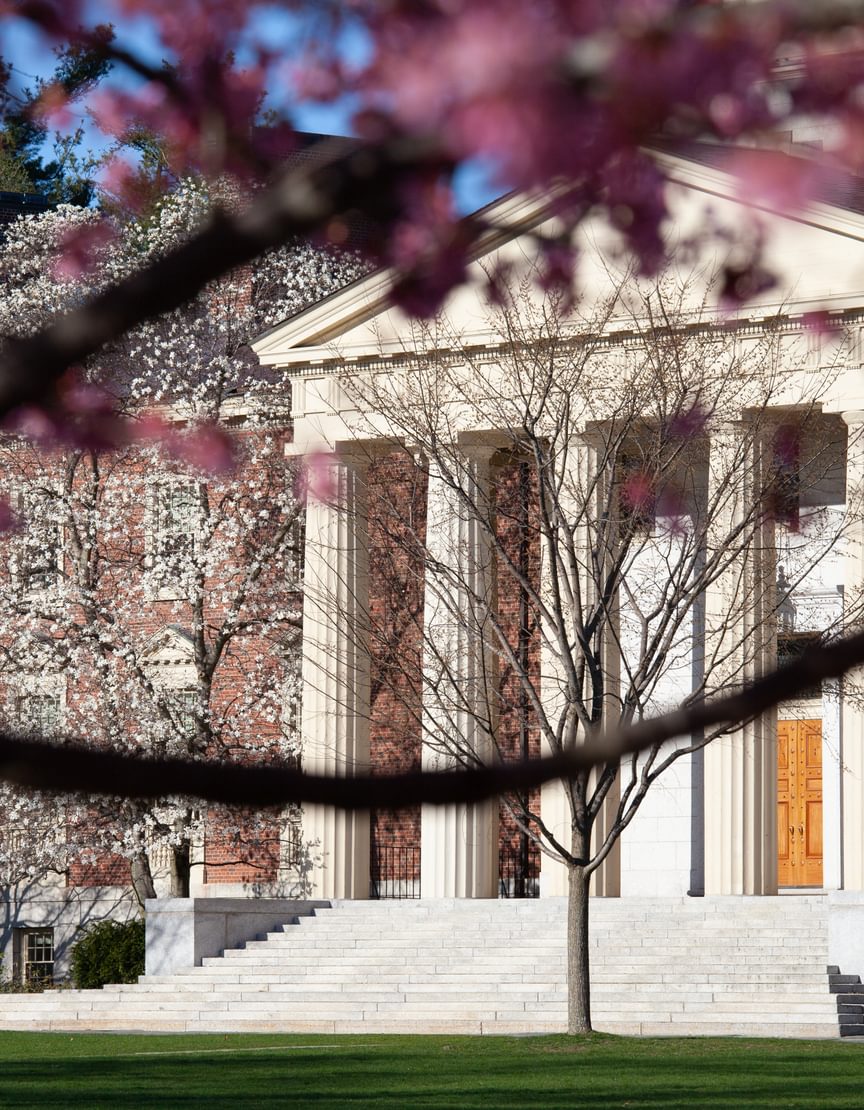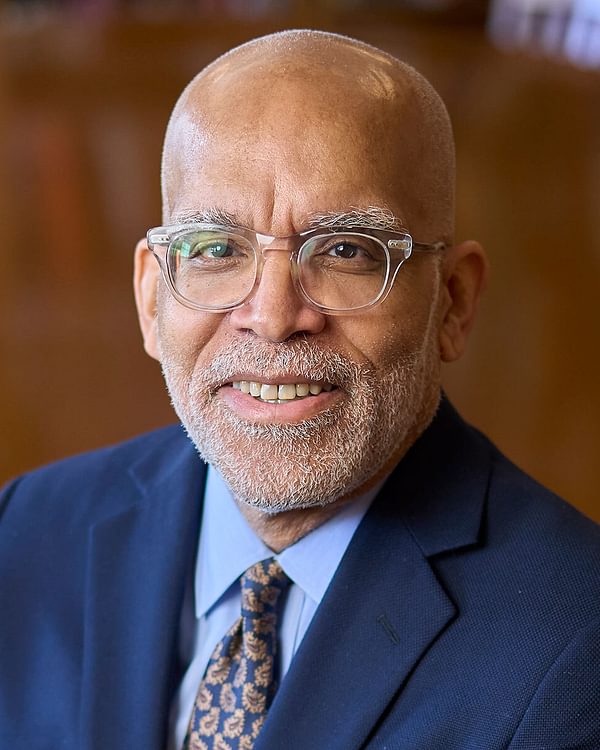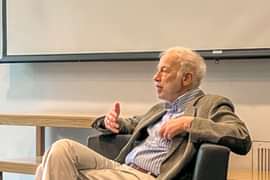
June 29, 2023
PA responds to Supreme Court’s ruling on Affirmative Action in higher education
Head of School issued the following statement today June 29, 2023by Raynard Kington, MD, PhD, P’24
The U.S. Supreme Court decision striking down the race-conscious admissions programs at Harvard and the University of North Carolina as unconstitutional will have ripple effects far beyond higher education. At its core, this ruling undermines progress we have made as a country to create opportunities for everyone. While today’s decision does not impact Andover’s admission practices and policies, it could open the door for future legal challenges at the secondary school level.
At Andover, we will continue to uphold our founding ideal to educate youth from every quarter by welcoming an intentionally diverse community of students. And we will double down on support for holistic admission practices across education, knowing that our colleagues in higher education will work within these new constraints of the law to ensure access.
In the wake of the Court’s decision, our College Counseling team is prepared to support Andover students as they navigate their college options amid this new landscape. They will continue to work with students on how to describe those aspects of their personal development and life experiences that speak to who they are in this complicated world. Students reveal in many compelling ways where they come from, what they have accomplished, and what they will bring to their college campuses and the world at large. All of this—including their high school experience in a diverse community of peers—will continue to distinguish them.
We are equally confident that leaders in higher education will thoughtfully respond to this ruling and continue to engage in admission practices that work to create communities that are diverse by every metric—not only race, but also socioeconomics, geography, religion, ideology, and all factors that enrich the intellectual life of any campus.
To think that restricting the consideration of race in the admission process will somehow create a system of equity ignores the fact that equity first requires access.
”Looking years ahead, we are concerned that this decision could have unintended consequences beyond education. It raises fundamental questions around what it means to live in a free and equal society. History has shown that our country makes progress when it opens doors (voting rights, civil rights, access to quality healthcare). Affirmative action, for decades, has helped to build campus environments that challenge students and assure educational excellence by creating communities that aim to reflect the world in which they will live as adults.
 Raynard Kington, MD, PhD, P’24
Raynard Kington, MD, PhD, P’24
To think that restricting the consideration of race in the admission process will somehow create a system of equity ignores the fact that equity first requires access. The Court’s action restricts an important point of access—the consideration of an applicant’s racial and ethnic background—and will shut doors for many.
The long-term consequences of this decision must not take us decades back, to a time when students from many racial groups were either nonexistent on college campuses or represented only in minute numbers. I remain hopeful that institutions of higher education will find ways within these shortsighted constraints to leverage diversity’s benefits for all students and to prepare them for a society where our differences are embraced.





